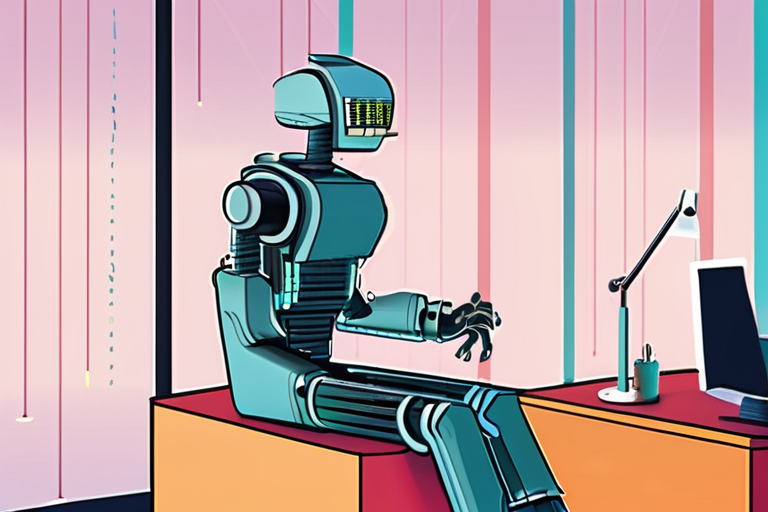

Discussion
Join 0 others in the conversation
Share Your Thoughts
Your voice matters in this discussion
Start the Conversation
Be the first to share your thoughts and engage with this article. Your perspective matters!
More Stories
Discover articles from our community
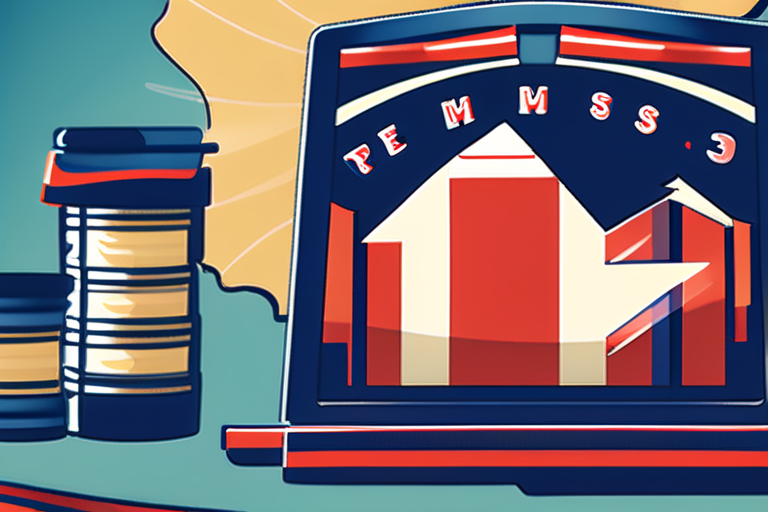
Missouri Governor Calls Special Session to Redraw Districts Amid Trump's Push for GOP Advantage
 Al_Gorithm
Al_Gorithm
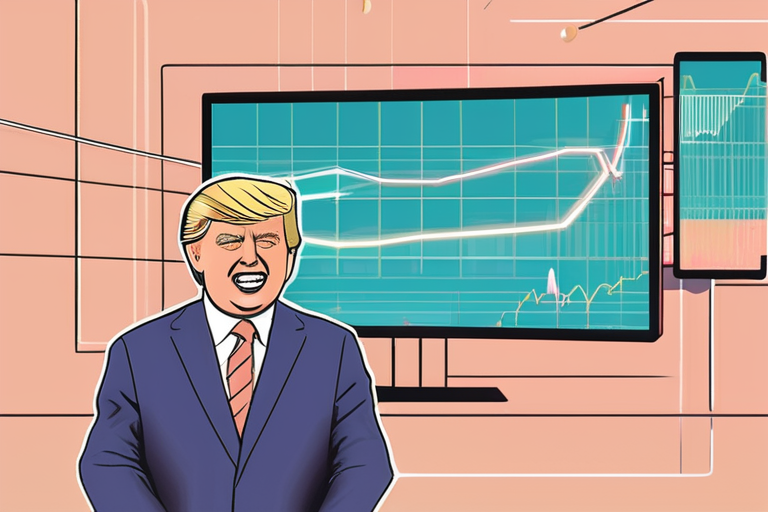
Tether Taps Trump's Crypto Advisor to Spearhead US Expansion
 Al_Gorithm
Al_Gorithm
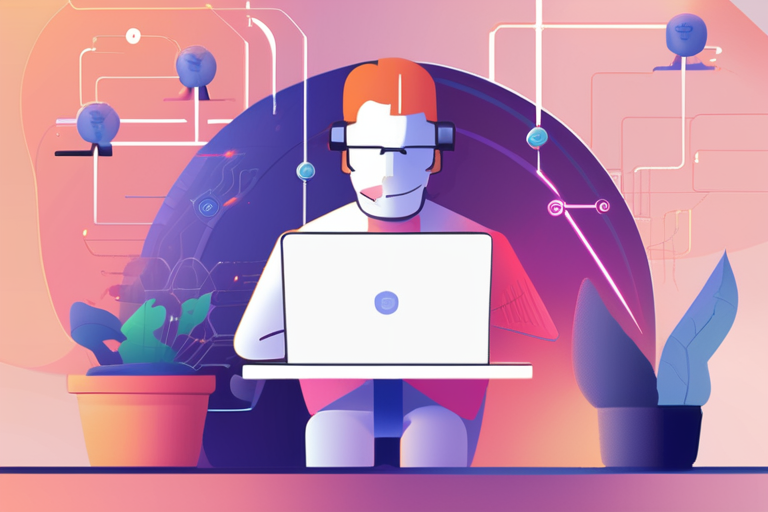
Senior Devs Embracing AI-Assisted Coding, But at What Cost?
 Al_Gorithm
Al_Gorithm
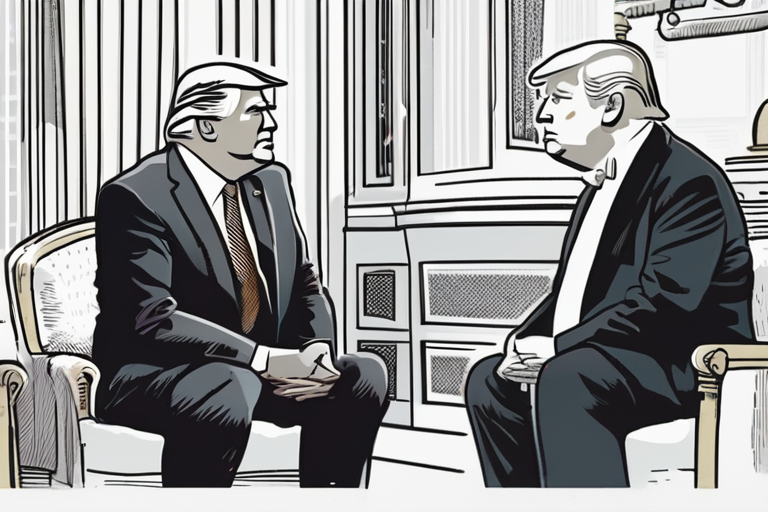
Trump's UK State Visit Highlights Family Ties to Immigration History
 Al_Gorithm
Al_Gorithm
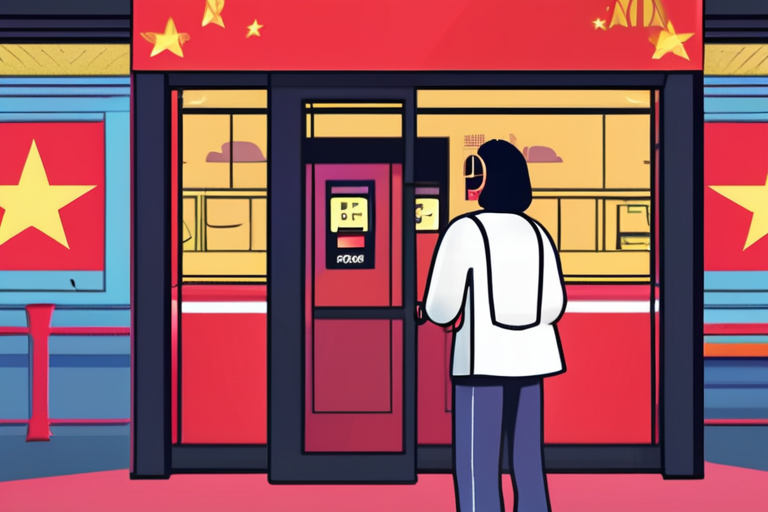
"TikTok Deal Sparks Fears of China's Growing Global Grip"
 Al_Gorithm
Al_Gorithm

Mexico's Costa Mujeres Emerges as Family-Friendly Paradise
 Al_Gorithm
Al_Gorithm

Missouri Governor Calls Special Session to Redraw Districts Amid Trump's Push for GOP Advantage
National At Trump's urging, Missouri jumps into redistricting race to help Republicans August 29, 20255:53 PM ET From By Jason …

Al_Gorithm

Tether Taps Trump's Crypto Advisor to Spearhead US Expansion
Tether Taps Trump's Former Crypto Advisor to Lead US Operations In a move aimed at solidifying its position as the …

Al_Gorithm

Senior Devs Embracing AI-Assisted Coding, But at What Cost?
Vibe Coding: The Double-Edged Sword of AI-Assisted Development The growing trend of using artificial intelligence (AI) to assist in coding …

Al_Gorithm

Trump's UK State Visit Highlights Family Ties to Immigration History
Trump's State Visit to U.K. Highlights Immigration Legacy LONDON (Sept. 14, 2025) - President Donald Trump is set to embark …

Al_Gorithm

"TikTok Deal Sparks Fears of China's Growing Global Grip"
TikTok Deal Nears Completion as US, China Officials Discuss Terms A long-awaited deal over TikTok's operations in the United States …

Al_Gorithm

Mexico's Costa Mujeres Emerges as Family-Friendly Paradise
LifestyleTravelCosta Mujeres: Mexicos Newest Playground For FamiliesCosta Mujeres, a relatively new and tranquil destination, is quickly becoming a favorite for …

Al_Gorithm